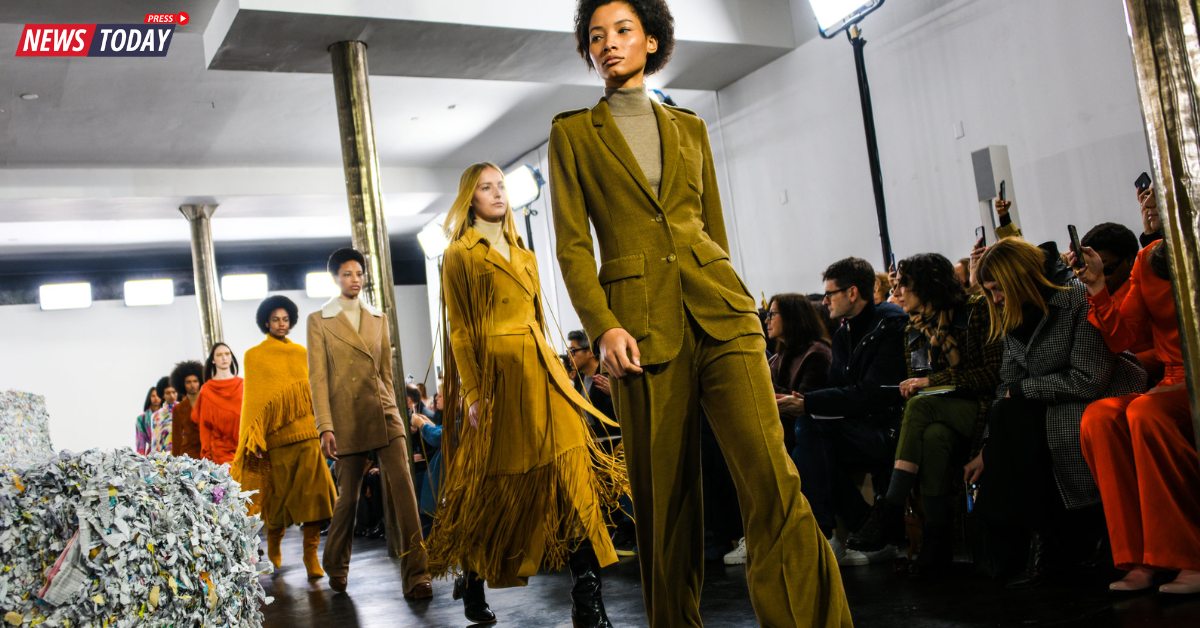The fashion industry is increasingly prioritizing sustainability, driven by both consumer demand and brand initiatives. Here’s how leading brands are advancing eco-friendly practices:
Sustainable Materials
Brands like Patagonia and Stella McCartney are at the forefront, using recycled materials such as polyester from plastic bottles and innovative fabrics like mushroom leather.
Circular Fashion and Recycling
Circular fashion is gaining traction. H&M’s “Closing the Loop” program allows garment recycling, while Levi’s provides repair services to extend the life of their jeans.
Sustainable Production
Nike’s “Move to Zero” initiative aims for zero carbon and waste, incorporating recycled materials like Flyleather and energy-efficient practices in manufacturing.
Ethical Supply Chains
Transparency and ethics are key. Gucci’s “Gucci Equilibrium” program and Burberry’s efforts focus on ensuring their supply chains adhere to environmental and labor standards.
Consumer Education
Brands like Reformation are educating consumers on sustainability, detailing the environmental impact of their products to encourage responsible consumption.
Industry Collaboration
The Fashion Pact, including brands like Chanel and Adidas, is a global effort to tackle climate change and biodiversity loss through collective sustainability goals.
While challenges such as high costs and inconsistent practices remain, the industry’s shift towards sustainability is a positive step toward reducing fashion’s environmental impact and promoting a greener future.






